Do Animals Sleep During Hibernation
Many kinds of animals hibernate, from bears to lemurs to snails. The process of hibernation involves entering a state of deep sleep where the.
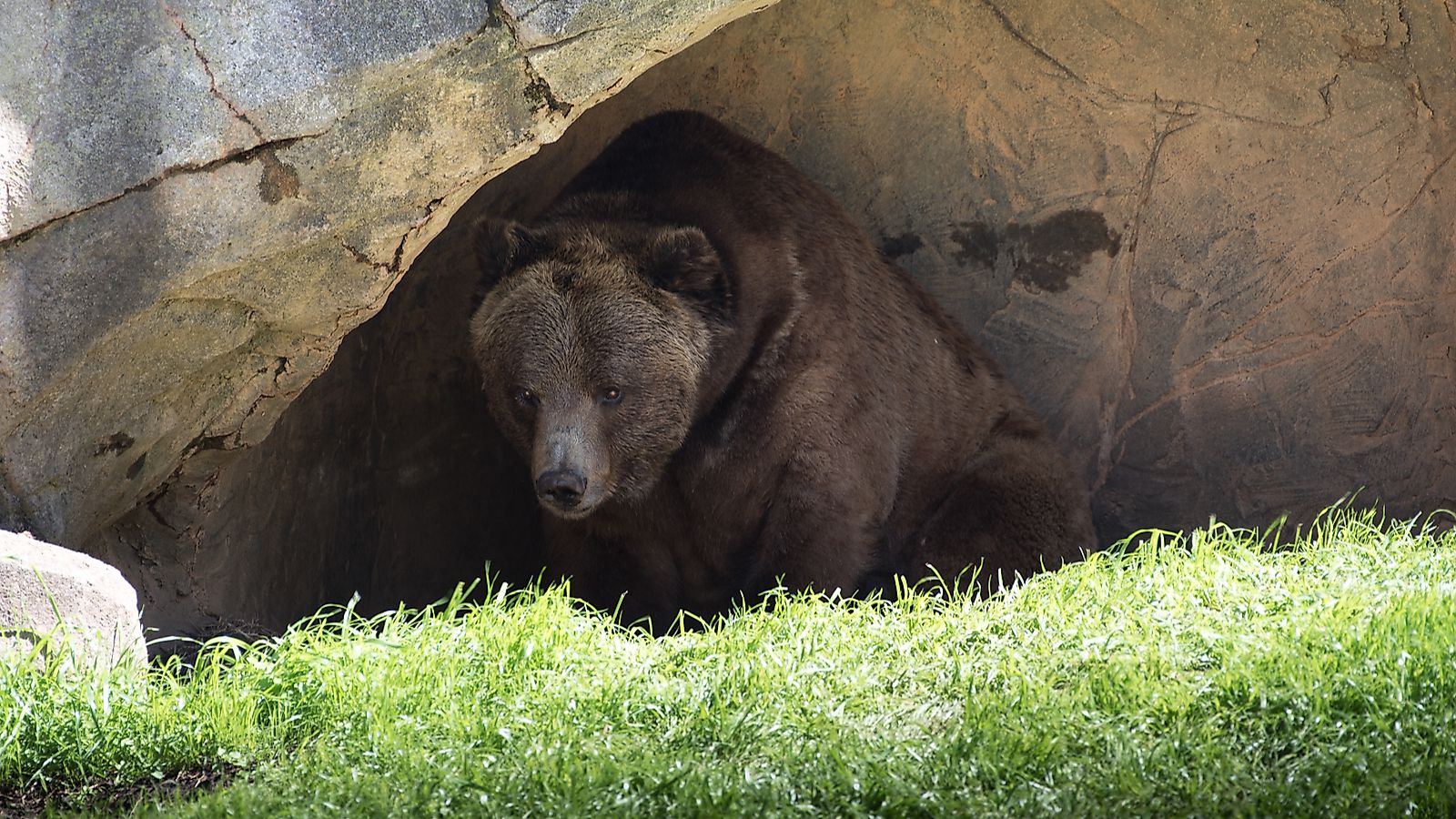
Do Bears Really Hibernate? WorldAtlas
Basic physiology of true hibernation

Do animals sleep during hibernation. Despite what you may have heard, species that hibernate don’t “sleep” during the winter. Hibernation in animals is the process of deep sleep to conserve energy as animals prepare to survive the cold winter weather. Oddly enough, animals that come out of true hibernation show signs of sleep deprivation and need to rest up, often sleeping for days afterwards!
This fat reservoir in their body provides them the warmth, water, energy, and other nurturing requirements during hibernation. Some say that hibernating animals must awaken in order to sleep. Do animals actually sleep during hibernation?
Being asleep is really the default state: Science tiktok just discovered hibernation doesn’t mean animals literally sleep for months on end — and it’s blowing people’s minds. The brain waves resemble those of an animal that is awake, though somewhat suppressed.
When the weather is cold and food is in short supply, animals like hedgehogs, bears and bats become inactive to save energy. During hibernation, the animals will start to utilize the body fats that they have accumulated by feeding before the hibernation period has started. But hibernating doesn’t just mean finding a safe place to relax while winter storms play out.
Despite what you may have heard, species that hibernate don’t “sleep” during the winter. During hibernation, the body temperature of the animal may drop by 10 times its ordinary. During this type of sleep, the animal's metabolic rate drop drops, which leads to a drop in the body temperature as well.
When animals hibernate, they aren’t sleeping. The reason mammals hibernate is not generally to avoid. Hibernation is an extended form of torpor , a state where metabolism is.
Hibernation helps animals stay warm during the winter months without the need of migrating to another part of the world or forage for food. Kelly drew is a scientist who studies a kind of squirrel that hibernates. Hibernation is an extended form of torpor , a state where metabolism is depressed to less than five percent of normal.
The conversation started when a user admitted her ignorance about the subject and it seemed she wasn’t the only one. When preparing for sleep, animals stock up on fat and prepare a shelter that is well protected from predators. An animal's breathing rate slows significantly during hibernation.
During hibernation their heart rates and breathing slow down, and their body temperature drops. By contrast, human body temperatures drop only slightly (11) during sleep. True hibernation is not sleep, and in fact, animals sometimes come out of hibernation for a little while without waking up—most likely, they’re catching up on their sleep!
Hibernation is a much deeper kind of rest. The only reason animals need to. Technically, animals who are in hibernation aren't just sleeping, they're undergoing physiological changes that can be very drastic.
In fact, animals have to sometimes wake up from their hibernation to catch some sleep. Hibernation is an extended form of torpor, a state where metabolism is depressed to less than five percent of normal. Daniel dennett made an interesting point:
Do animals really sleep during hibernation? Sleep, by contrast, is a mostly mental change. Instead, it’s a fascinating physiological process that humans can’t do.
Using as little energy as possible, just staying still and doing nothing. During sleep, animals continue to breathe normally. During the process of hibernation, animals appear to be in a deep state of sleep, also commonly known as winter sleep.
Instead, they reach a state called torpor, according to national geographic, in which mammals significantly reduce their metabolisms to almost a full pause for several weeks or months at a time. So, for example, sonya has a half (it's a small. This is very different from sleep.
A bunch of tiktokers just figured out what hibernation really means. During hibernation, the brain does not rest; However, hibernation is actually a lot different from sleep—and a lot more interesting.
Despite what you may have heard, species that hibernate don’t “sleep” during the winter. The thing that needs explaining is not why animals sleep but why they wake up. During hibernation, an animal’s metabolic rate slows to as low as 2% (10) of normal levels.

When, Where, and for How Long Do Hedgehogs Sleep

Fascinating Facts about Hibernation Virily

A Groundhog ready to sleep Animals that hibernate
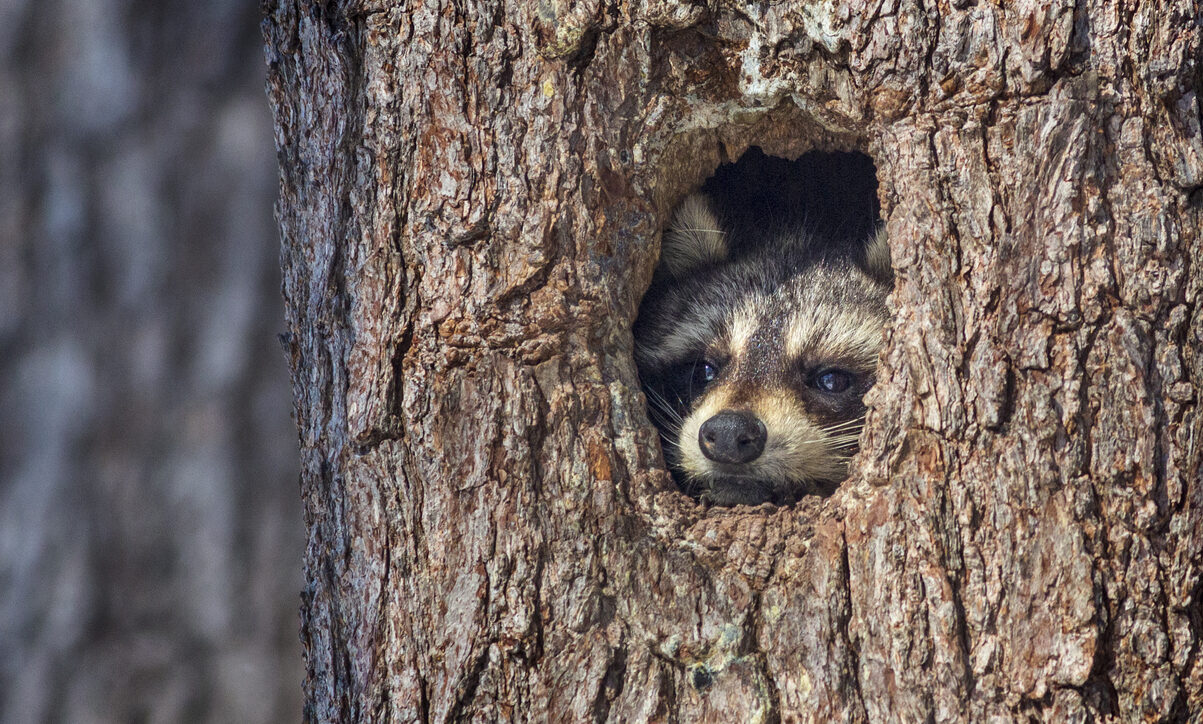
Why And When Do Animals Hibernate? Ambrosio Landscape

Five Animals That Love Sleep More Than You YouTube
What We Can Learn from Hibernating Bears

Do Animals Sleep During Hibernation Ask A Wildlife

Are Hibernating Animals Asleep the Whole Time?
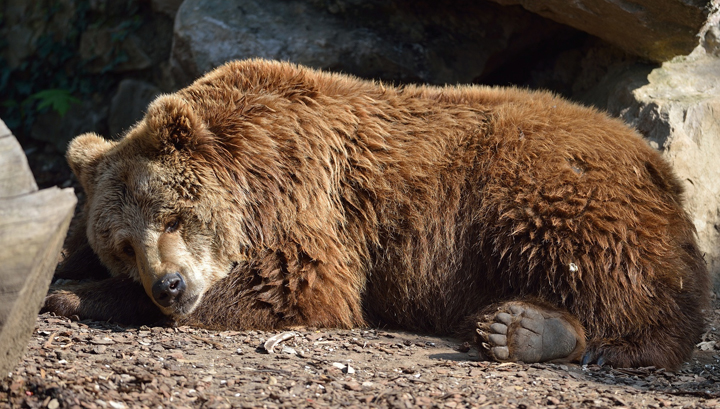
5 Lessons Hibernating Bears Can Teach Us About Health
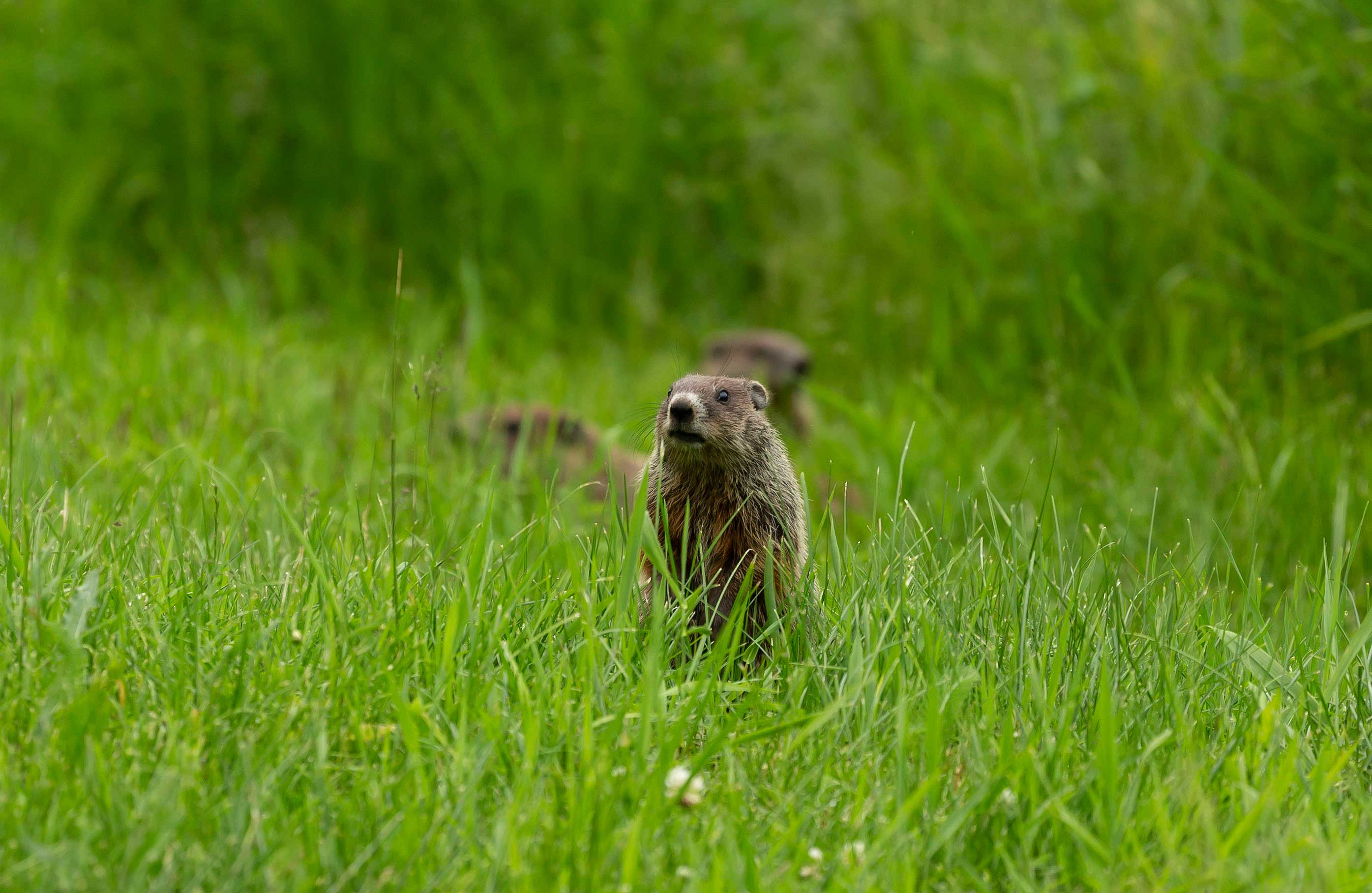
Do Animals Sleep During Hibernation Ask A Wildlife
What Animals Hibernate? Jake's Nature Blog
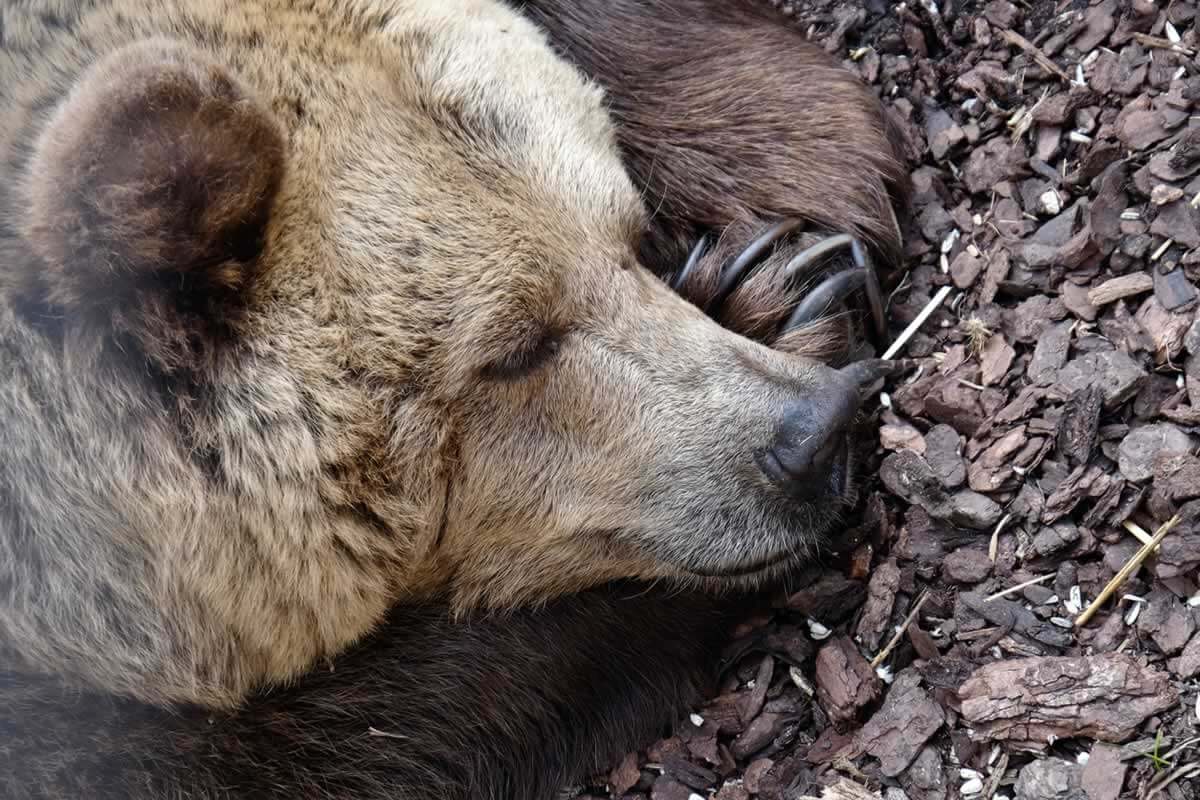
The Pits Cruel Roadside Zoos Prevent Bears From

3 Hibernating Bears These are three hibernating bears
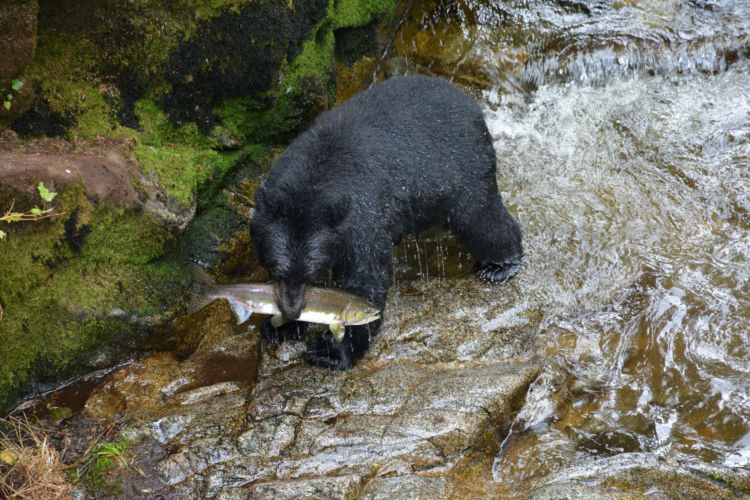
Do Bears Really Hibernate? National Forest Foundation

Do Animals Sleep During Hibernation Ask A Wildlife
Hibernation and sloth envy « All In
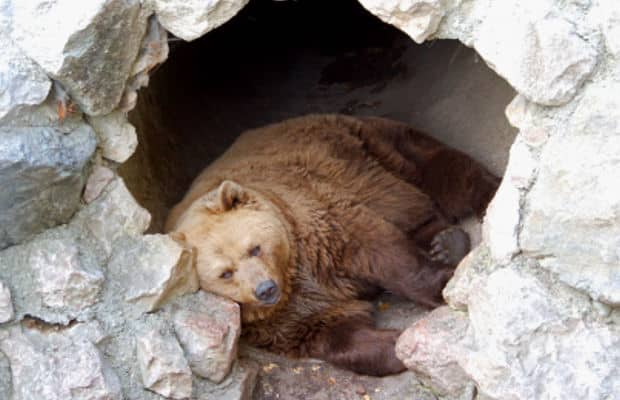
What do animals do in winter? Kiwi Kids News
Animals That Hibernate Interesting Facts About Hibernation

Are Hibernating Animals Asleep the Whole Time? Animals

Post a Comment for "Do Animals Sleep During Hibernation"